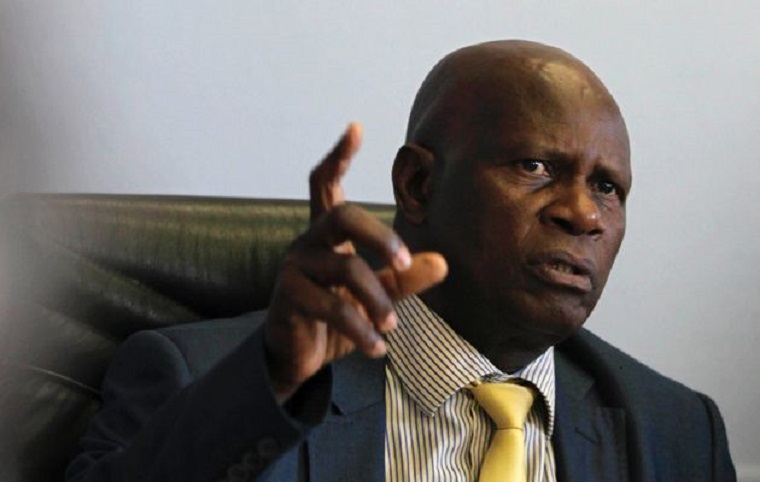On September 27, a panicky Patrick Chinamasa, then Finance Minister, threatened to tighten government controls on social media, blaming it for fuelling shortages of basic commodities and bank notes in the country after a weekend of panic buying.
At the time, the United States dollar was selling for up to 1: 1.8 against Ecocash, RTGS and the government’s latest creation, the bond note.
The long winding queues — reminiscent of the 2008 crisis – had resurfaced as people stocked up on foodstuffs and service stations across the country ran dry.
“The cause was social media, which means that it is a security issue. There is a political agenda, a regime change agenda. We are going to seriously look at what happened with a view to take corrective measures in the security arena,” he thundered then.
“We need to understand social media and the forces behind it…they have given us a timely warning about their intentions and clearly we will take the necessary measures to counter those nefarious activities.”
Fast forward to two weeks later, Chinamasa’s principal, President Robert Mugabe, had created a new Cyber Security Ministry that will focus on crimes on the internet ahead of an election due next year, and made Chinamasa superintend over it.
From the head of Treasury to policing social media, it appears that Mugabe is not without a sense of irony.
Chinamasa, a lawyer, was a surprise pick for the finance portfolio following ZANU-PF’s 2013 election victory that signalled the end of the coalition government with the rival Movement for Democratic Change formations.
The market viewed him as a good pick, a rational guy who would make bold decisions.
He had served as an acting Finance Minister when the government made its first steps towards dollarization before the advent of the coalition government in 2009.
But it is that boldness that has seen him relegated to the backwaters of the Cabinet.
Continued next page
(315 VIEWS)
